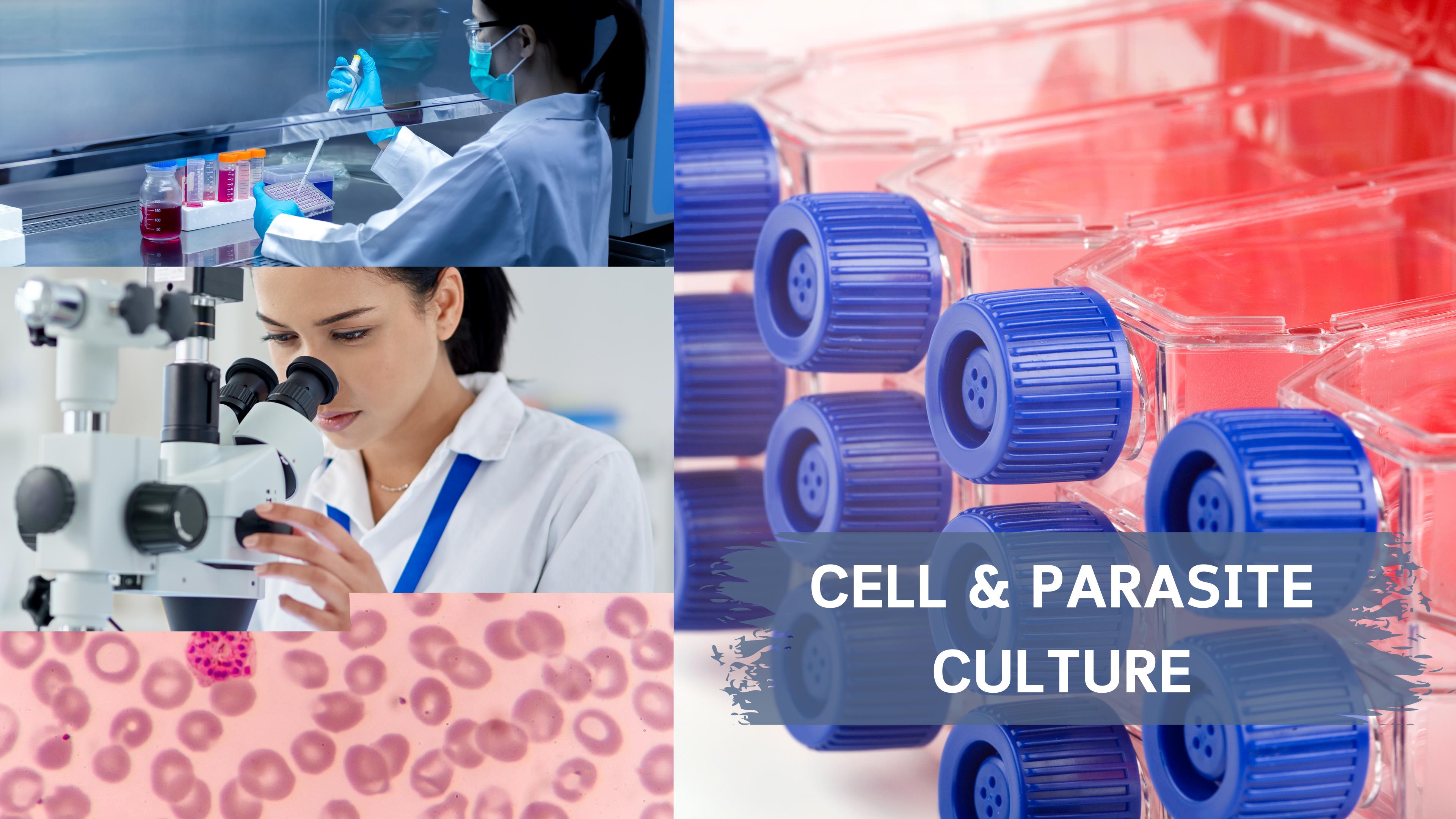Description/outline:
Course Rationale
Cell culture is a fundamental technique in modern life
sciences research, with applications spanning biotechnology, pharmaceuticals,
and academia. Despite its importance, there is a significant gap in hands-on
training for graduate and postgraduate students in India. A dedicated cell
culture techniques course can bridge this gap, equipping students with
essential practical skills and theoretical knowledge.
Course Objectives
- To
provide a comprehensive understanding of cell culture principles and
techniques.
- To
develop practical skills in cell culture, including aseptic techniques,
media preparation, cell maintenance, characterization and cryopreservation.
- To
foster critical thinking and problem-solving skills in troubleshooting
common cell culture issues.
- To
prepare students for research careers in academia, industry, and
biotechnology.
Course Structure
The course should combine theoretical lectures with
extensive hands-on laboratory sessions.
Theoretical Components:
- Introduction
to cell culture and its applications
- Cell
biology and growth characteristics
- Culture
media and supplements
- Aseptic
techniques and laboratory safety
- Cell
culture equipment and maintenance
- Cell
growth kinetics and characterization
- Cell
subculture, freezing, and recovery
- Cell
transformation and transfection
- Cell-based
assays and analysis
Practical Components:
- Aseptic
techniques and laboratory safety practices
- Media
preparation and sterilization
- Cell
culture setup and maintenance
- Cell
counting and viability assessment
- Cell
subculturing and passaging
- Cryopreservation
and recovery of cells
- Cell-based
assays (e.g., MTT, ELISA, flow cytometry)
Course Delivery
- Lectures:
Interactive lectures with PowerPoint presentations, videos, and
demonstrations.
- Laboratory
Sessions: Hands-on training in a dedicated cell culture facility with
small group sizes.
- Guest
Lectures: Invite industry/academia experts to share their experiences
and insights.
- Assignments
and Projects: Encourage students to apply their knowledge through
assignments and mini-research projects.
Assessment
- Continuous
assessment through laboratory reports, quizzes, and presentations.
- Final
practical examination to evaluate hands-on skills.
- Theoretical examination to assess understanding of concepts.
Course Impact
A well-structured cell culture techniques course can have a
significant impact on the quality of life sciences research in India. By
providing students with essential skills and knowledge, it will contribute to
the development of a skilled workforce in the biotechnology and pharmaceutical
industries.

